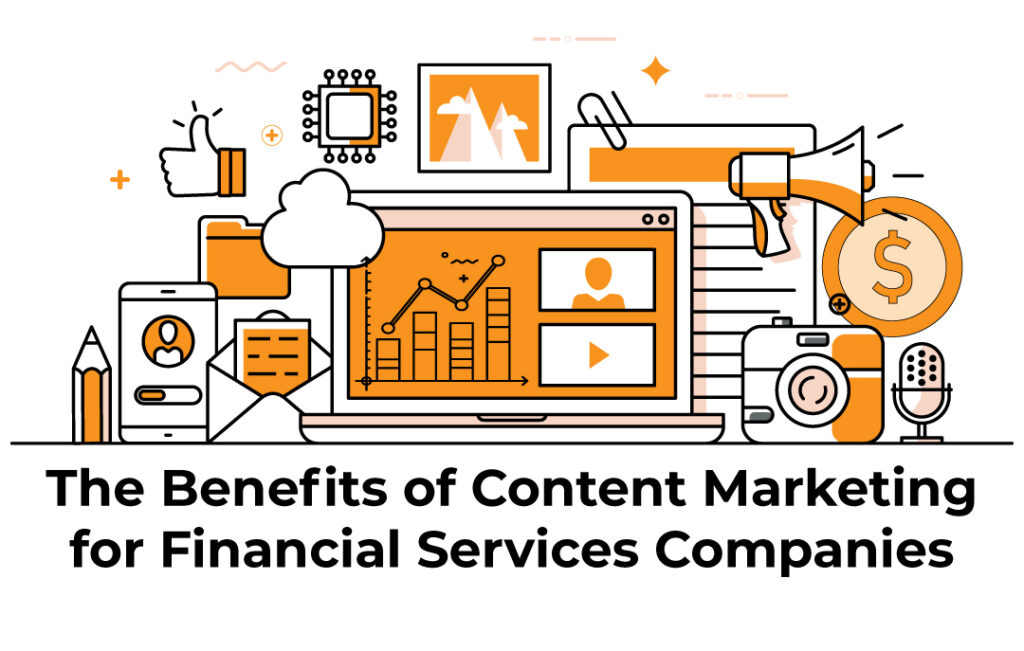When was the last time you hand-sewed a T-shirt? Likely never. Fortunately, retail stores, such as Target and Walmart, have T-shirts readily available on their shelves. This is just one example of how business-to-business (B2B) companies do a lot of the heavy lifting that allows end consumers to easily access the goods they need.
B2B is a model in which the product or service a company offers helps other companies achieve their goals. B2B companies are all around us; some examples include WeWork, which builds collaborative workspaces, and Salesforce, which provides software to help companies interact with their customers in more meaningful ways. Being a part of the business-to-business market comes with certain advantages. Take a look at the top three:
Market Predictability
Trends within B2B markets tend to change more gradually. Lengthy decision-making processes typically precede B2B purchases because the stakes are much higher than they would be for individual purchases. B2B procurement often affects entire departments, if not the whole organization. Therefore, it is too costly for consumers in the business-to-business market to buy into fads.
Customer Loyalty
Relationships with customers are much more sustainable in a business-to-business environment for a number of reasons. Business buyers are often in the market for niche products that are tailored to their business, a concept called product specificity. Product specificity fosters long-term customer loyalty. In certain situations, two B2B companies might engage in reciprocal buying, which increases the longevity of the relationship.
Rational and Strategic Consumers
Business consumers tend to be more strategic and logical when making a purchasing decision. Unlike end consumers, B2B buyers rarely buy on impulse and are not heavily influenced by emotion. Business-to-business procurement is value-driven. B2B transactions almost always originate from a need to save time and resources.
You may be wondering what this means for the marketers of the world. How does B2C marketing differ from B2B marketing? One best practice for business-to-business marketing is to avoid price or feature-based selling, as this could make consumers question the sustainability of a partnership. Positioning your company as an expert in the industry by sharing relevant and innovative content is another B2B marketing tactic that drives results.
Do you need guidance on how to leverage these advantages and position your company among the experts in the B2B world? Contact us and see how we can help you!





